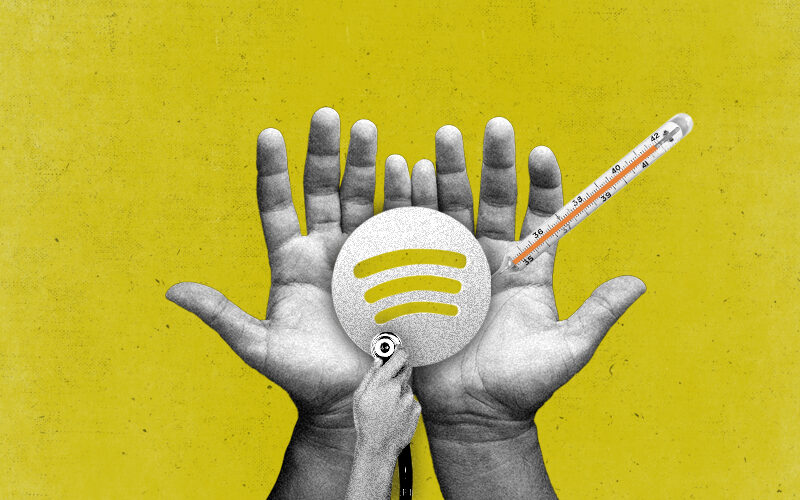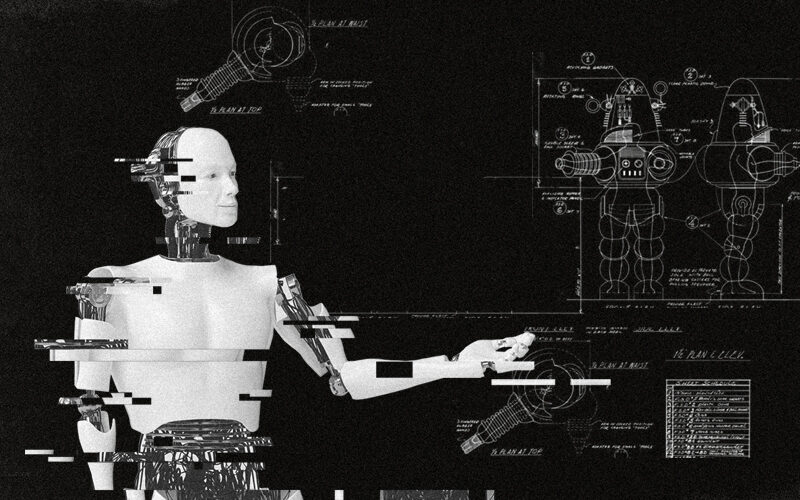In January this year, Nas announced a sale of royalty rights to his songs ‘Ultra Black’ and ‘Rare’ as NFTs.
With physical album sales all but dead, Spotify paying artists USD $0.003 per stream, and only 12% of revenue making its way into the artist’s pocket, it’s a solution to the meagre profits offered by the modern music industry.
It’s an accessible investment class for music fans. Gold tier members can get 0.0143% streaming royalty ownership for USD $50. Platinum members get 0.0857% for $250, and Diamond members get 2.14% for $4,999 (okay, that last one is a bit less accessible).
It empowers artists to take back control, and fans to regain that lost sense of ownership and connection when they purchase the music they love.
Could this new modus operandi revolutionise the music industry? Or are NFTs just another fad?
Is Web3 changing the tune of the music industry?
The old system of payment to parties in the music industry is a cumbersome beast. Collecting royalties and filtering them down to the musicians, label, producer, songwriter, promo agency, etc. is long-winded and fraught with politics, dishonesty, greed, and delays.
Deploying distributed ledger technology (i.e. blockchain) can break down the complexity of this decades-old system. There is no third-party – just automated execution.
Australian startup Emanate is seeking to act as a broad-spanning platform for connection and collaboration between musician and fan. Founded by Sean Gardner and Jimi Frew, and backed by 20-year Sony veteran Gavin Parry, Emanate pays artists on the spot when their song is streamed. Labels can set up shop. Listeners can invest and profit. Everything transaction is based on $EMT tokens, which is listed on several crypto exchanges.
Music and NFTs go hand in hand
In 2020, NFT sales totaled USD $95 million. The following year, they totaled $25 billion.
That’s quite an uptick.
The music industry is just one of many industries that could face serious disruption by NFTs. NFTs work particularly well for music creators – songs, albums, album artwork, lyrics, and recordings of any kind can be NFTs. Musicians can earn commissions from the re-sales of their work on the blockchain (certainly not possible with traditional music streaming platforms).
NFTs cut out gate-keeping, power hungry music biz middlemen and allow work to be sold directly to fans.
What’s DAO got to do with it?
Web3 is allowing the fractionalised royalty allocations of new songs, where fans become stakeholders in song royalties.
DAOs (Decentralised Autonomous Organisations) are making their way into the music industry. They give musicians the infrastructure to interact directly with each other and their fans without the need for third-party intermediaries. That way, they avoid the steep fees the intermediaries usually charge for their services.
A DAO could manage music rights and royalties more efficiently, and free up time for artists to focus on their work. DAOs could also reduce fraud and piracy by giving artists a secure infrastructure to distribute their music.
One example of DAO innovation in the music industry is MODA. It’s a full-fledged Web3 platform for musicians to manage their work, with features like micro-licensing and DAO governance.
MODA DAO is a full-fledged Web3 platform for musicians to manage their work, with features like micro-licensing and DAO governance.
In the words of Sean Gardner, MODA DAO is “a blockchain-and-project-agnostic Web3 music DAO. Its mission is to drive the adoption of Web3 technology in the music industry in a very real and mature way – moving from experimentation and speculation to mainstream adoption.”
Where are the music industry incumbents in all this?
We’re all familiar with the stereotype of the cigar-smoking record label boss throwing out a pittance to his platinum-selling artists and saying things like “that’s showbiz, baby” while he rolls around in piles of cash.
Blockchain allows for no obfuscation. Artists know exactly how much revenue they’re generating. There’s no micromanagement, no long winded royalty processing. Record contracts become smart contracts. The copyrighting process – notoriously complex and bureaucratic – is streamlined.
But the incumbents are not ignorant to developments in blockchain tech. Sony Music has developed a blockchain-based music rights platform. In 2019, Warner Music joined a USD $11.2 million investment in a blockchain network known as Flow. Spotify has been using blockchain technology to keep track of song royalties since 2017.
The question is whether they can use these platforms for what they were designed for – democracy and decentralisation. Maintaining a capitalist ethos that keeps the lion’s share of the profits at the top may result in them losing artists to independent platforms like Emanate.
It seems like a shift has been due for a while. And huge shifts in the industry are nothing new. It’s no bigger than the move from CD to MP3. But perhaps it’s more emotional.
Remembering what it’s all about
The way we consume media has become so singular in the past decade. It’s all streaming, all through our smartphones. We rarely physically possess a piece of music we love. We know the artists we adore are getting screwed over by streaming services, and we don’t like it, but technology has moved so fast we feel like there’s no alternative. We put up with YouTube ads and annoying algorithms for the cheapness and convenience.
It all feels a little less meaningful than the glorious vinyl days of the 60s, or the nostalgic cassette mix-tape making days of the 90s.
Emanate wants younger artists to have “a lower barrier to entry and more opportunity to get a better start”. In Jimi’s words, Emanate is designed to “reduce friction on creativity, as many artists are often arm-wrestled into chasing hyped genres just to get work — it’s just not healthy.”
They want a return to the real.
The founders are confident about their future. They predict that “Audio NFTs will take a lot of the attention and that by the end of 2022 we will have the beginning of a new ‘Music3’ industry ecosystem.”
In Sean’s words,










